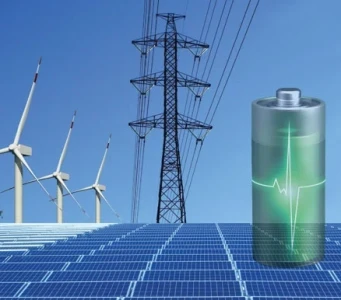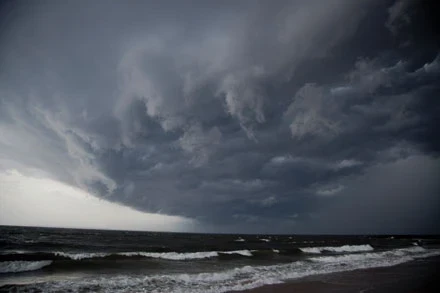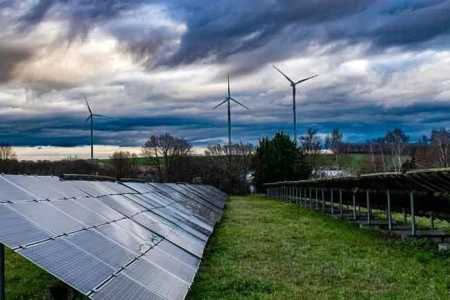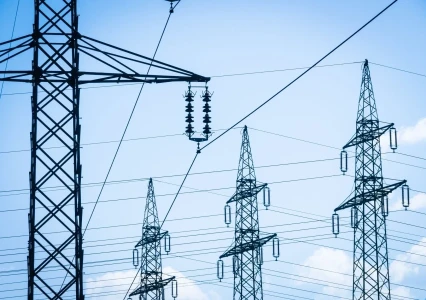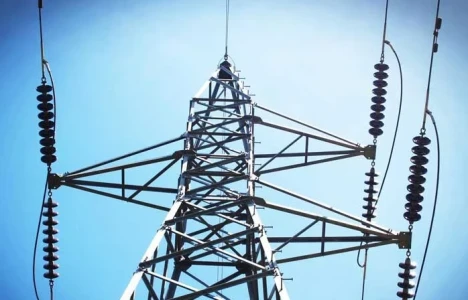NOAA Grants Boost Citizen Science for Marine Conservation

The National Oceanic and Atmospheric Administration (NOAA) Fisheries has announced a new round of grants aimed at enhancing marine conservation efforts through citizen science. This initiative underscores NOAA's commitment to leveraging public involvement in scientific research and conservation activities to address pressing issues affecting marine ecosystems.
The Importance of Citizen Science in Marine Conservation
Citizen science has emerged as a powerful tool in environmental research, allowing members of the public to contribute to scientific studies and conservation efforts. In the context of marine conservation, citizen science plays a crucial role in gathering data, monitoring ecosystems, and engaging communities in protecting marine life.
The involvement of everyday citizens in scientific research helps bridge gaps in data collection and increases the volume of observations across vast and often inaccessible marine environments. This grassroots approach not only enhances the quality and quantity of data but also fosters greater public awareness and engagement in marine conservation issues.
NOAA’s Grant Initiative
NOAA Fisheries' recent grant initiative aims to support projects that involve citizen scientists in marine research and conservation activities. These grants are designed to empower local communities, support innovative research methodologies, and address key conservation challenges facing marine ecosystems.
-
Funding and Objectives: The grants will provide financial support to organizations and projects that utilize citizen science to monitor marine species, assess habitat health, and track environmental changes. The objective is to enhance the quality of data available for scientific analysis and inform conservation strategies.
-
Focus Areas: The funding will prioritize projects that focus on critical issues such as the protection of endangered species, habitat restoration, and the impacts of climate change on marine environments. By targeting these areas, NOAA aims to address some of the most pressing challenges in marine conservation.
-
Community Engagement: A significant aspect of the grant initiative is its emphasis on community involvement. Projects funded by these grants are expected to engage local communities, schools, and volunteers in data collection and conservation activities. This approach helps build a sense of stewardship and responsibility towards marine ecosystems.
Examples of Funded Projects
The grants will support a diverse range of projects, each contributing to marine conservation through citizen science. Some examples of the types of projects that may receive funding include:
-
Marine Species Monitoring: Projects that involve citizens in tracking the population and health of marine species, such as whales, dolphins, and sea turtles. Volunteers may participate in data collection through field surveys, photo identification, and reporting sightings.
-
Habitat Assessment: Initiatives that engage the public in assessing the condition of marine habitats, such as coral reefs, mangroves, and seagrass beds. Citizen scientists may help monitor changes in habitat quality and report observations of environmental stressors.
-
Climate Change Impact Studies: Projects that investigate the effects of climate change on marine ecosystems. Citizen involvement can include collecting data on water temperature, salinity, and ocean acidification, as well as documenting changes in marine species distributions.
-
Educational Programs: Grants may also support educational programs that train and equip citizen scientists with the skills needed to contribute effectively to marine research. These programs aim to increase public understanding of marine conservation issues and foster a new generation of environmental stewards.
Benefits of Citizen Science for NOAA and Marine Conservation
The involvement of citizen scientists offers several benefits for NOAA and marine conservation efforts:
-
Enhanced Data Collection: Citizen science expands the reach and scope of data collection, providing valuable insights into marine ecosystems that might otherwise be difficult to obtain.
-
Increased Public Engagement: By involving the public in scientific research, NOAA fosters a greater sense of connection to marine environments and encourages active participation in conservation efforts.
-
Cost-Effective Solutions: Citizen science projects often require fewer resources compared to traditional research methods. Engaging volunteers helps to offset costs and enables NOAA to conduct more extensive studies.
-
Informed Decision-Making: The data collected through citizen science helps inform NOAA’s management and conservation strategies, leading to more effective policies and actions to protect marine ecosystems.
Looking Ahead
NOAA Fisheries' grant initiative represents a significant step forward in harnessing the power of citizen science for marine conservation. By supporting projects that involve the public in scientific research, NOAA aims to address critical challenges facing marine ecosystems and foster greater environmental stewardship.
As the initiative progresses, it is expected to yield valuable data and insights, engage communities in meaningful ways, and contribute to the long-term health and sustainability of marine environments. The success of these projects will demonstrate the potential of citizen science to drive positive change and advance conservation goals.


